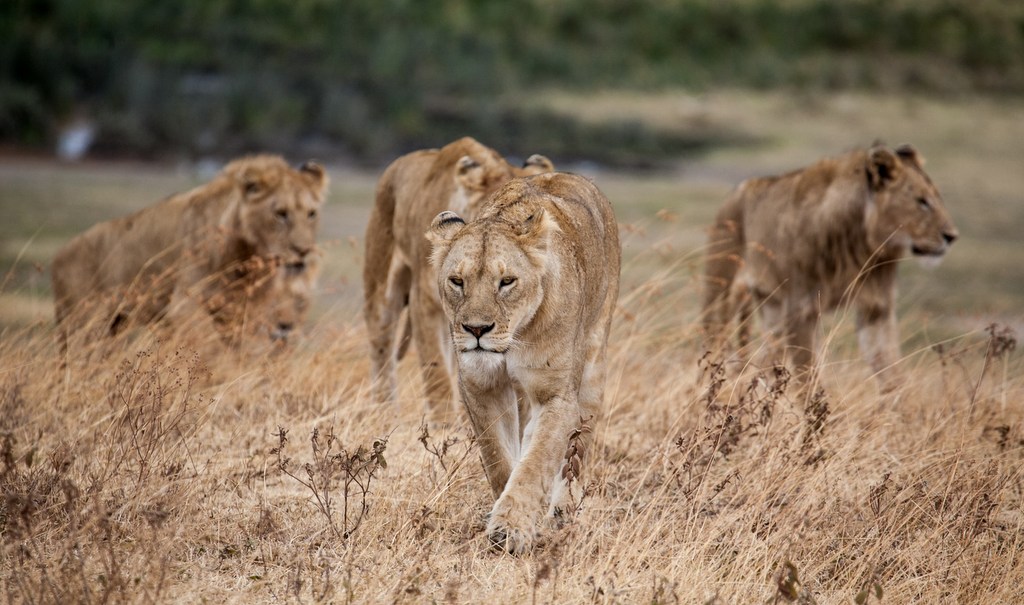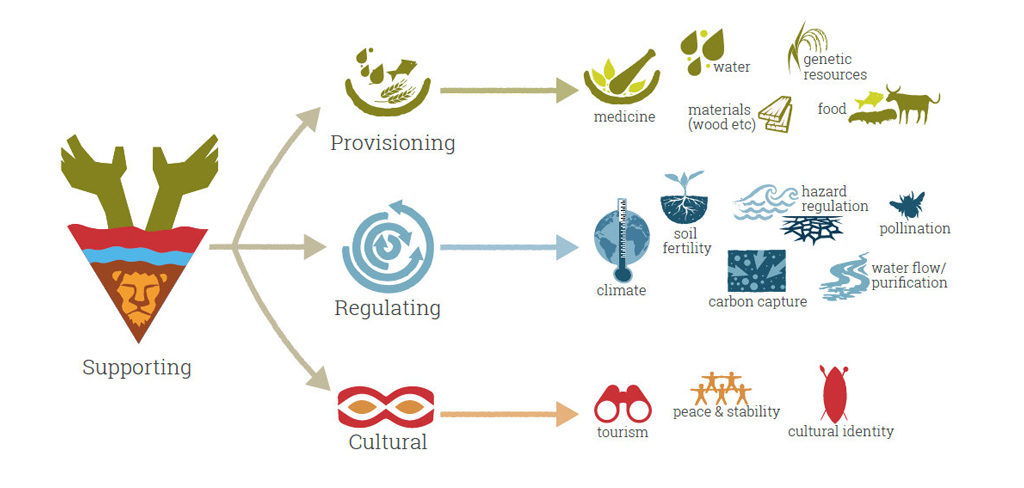
© Jeff Lemond
DECODING SCIENCE POST by AG Editorial
Africa’s lions, one of the world’s most iconic animal species, are facing a catastrophic decline with their population numbers dropping 50% in only 20 years. According to a new report published by Equilibrium Research, “lions will not survive the 21st century on goodwill alone. Nor will they survive if reduced to being merely the centrepiece of a high status vacation for foreign visitors to the continent, or even the target of trophy hunters”.
Listed as ‘Vulnerable’ on the IUCN Red List (meaning that they are vulnerable to extinction in the near future), there is great concern that the vast majority of the population is inferred to have declined at a rate that meets the criteria for ‘Endangered’ (high risk of extinction in the wild). Some estimate the lion population in Africa to be between 18,841 and 31,394 (although many believe that 20,000 is closer to the mark).
In order to raise awareness of the issues facing lion conservation, this latest report, The New Lion Economy. Unlocking the value of lions and their landscapes, highlights the importance of lions and their territories for Africans, detailing how lions contribute to Africa’s economy, beyond tourism and hunting revenues.
Lions are the ultimate indicator species of healthy intact savannah landscapes in Africa. Their dramatic decline is a sign of the pressures on land and communities throughout their range. “Landscapes supporting lions, ‘lionscapes’, provide more ecosystem services, the benefits that humans receive from healthy ecosystems, than the average across Africa,” reads the report. “Yet many of these services will disappear if ecosystems are lost or degraded. Lions therefore make excellent indicators of ecosystem services and sustainable development.”

Ecosystem services from ‘lionscapes’ © The New Lion Economy. Unlocking the value of lions and their Landscapes/Equilibrium Research, 2019
The report shows that the economic development of Africa and conservation of nature are convergent, not conflicting goals.
“It is a false dilemma to suppose that Africa’s wildlife and wild landscapes must or should be sacrificed in order for the continent to modernise and maintain the steady pace of its economic growth,” said Mr Kaddu Kiwe Sebunya, CEO of the African Wildlife Foundation.
The findings provide evidence that lions are a perfect flagship or umbrella species on which to focus policy and development decisions, and investing in lion conservation, as the reports shows, provides a range of benefits.
“Investing in lion conservation is not simply a charitable act that might protect populations of one particular species, however important. It also protects the many commercial and subsistence values that rely on lions directly, or that rely on the landscapes where lions live, and come as a no-cost extra to conservation,” added Sebunya.
The New Lion Economy shows:
• Lions directly support ecosystem services;
• Lion conservation supports other ecosystem services;
• Lions also have important livelihood, cultural and political values;
• Lions can generate economic benefits and attract new sources of revenue;
• Lion conservation is not just a matter for conservationists, but for anyone interested in a sustainable and vibrant future for Africa; and
• Lion conservation needs serious investment if these wider values are to be retained.
According to the report, a range of actions are needed to support lions and ecosystem services:
• Measure and communicate the value of ecosystem services (actual and potential) to all sectors of society;
• Rebuild ecosystem services to improve food, carbon, water and human security in sub-Saharan Africa;
• Use the market for these ecosystem services to support conservation throughout the lion range;
• Create business models that support both ecosystem services and lions;
• Create conservation models that reflect the needs of human communities;
• Encourage policymakers to consider these benefits (and their potential loss);
• Encourage governments and international donors to invest in lion conservation;
• Recognise the significance of the continent’s unique biodiversity in shaping and sustaining Africa’s cultural heritage; and
• Restore lion populations as an indicator of healthy ecosystem services.
“Their decline is a tragedy for the whole world,” said the report. “And if Africa loses more lions, many countries will not only lose the direct economic benefits that they bring through tourism and trophy hunting, but likely also a host of other ecosystem services that come from the threatened habitats through which they stalk.”
Full report: Stolton, S. and Dudley, N. (2019). The New Lion Economy. Unlocking the value of lions and their landscapes. Equilibrium Research, Bristol, UK
Watch the video for the New Lion Economy report by the Wildlife Conservation Network


